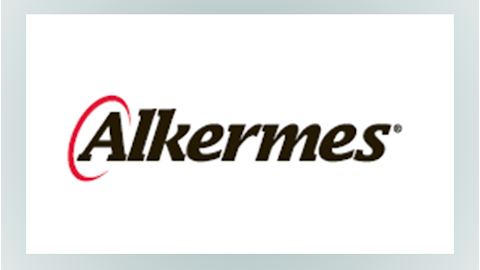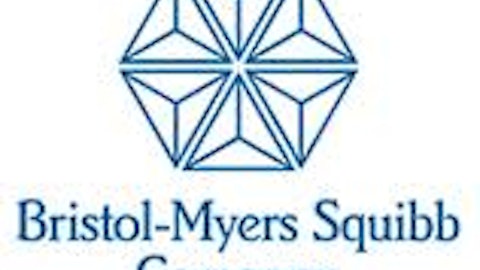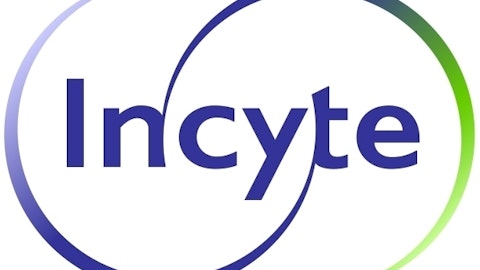The existence of ADHD, or attention deficit hyperactivity disorder, has been a hot-button topic since the 1970s. On one hand, there are scientists who believe in treating it as a neurological disorder with pharmaceuticals, and on the other hand, there are parents, teachers, and administrators who believe that ADHD is a behavioral, rather than psychological, issue. Accusations of kickback–induced over-prescriptions of ADHD medications — for both approved and off-label purposes — have further clouded the true facts and figures.
Therefore, I believe that people should better understand what ADHD is, what the treatments are, and which companies stand to gain the most from these medications.

What is ADHD?
Children who are diagnosed with ADHD often act without thinking things through, have trouble focusing on single tasks, and are physically hyperactive. Although they might understand the task at hand, they exhibit difficulty completing it since they aren’t able to sit still and pay attention. Critics of ADHD claim that these qualities are present in all children, and tend to wane as they physically mature.
Proponents of treating ADHD believe that the disorder occurs over a longer period than traditional daydreaming or horseplay, eventually impairing a child’s ability to function academically and socially. Although the exact cause is still unknown, brain-imaging studies have shown that brain growth in children with ADHD — especially in the areas used for thinking, paying attention, and planning — is delayed by three years in comparison to children who are not affected.
ADHD affects approximately 8% to 10% of school-age children, and boys are roughly three times as likely as girls to be diagnosed with it. According to data from IMS Health, prescriptions for ADHD treatments spiked 39% between 2007 and 2011 in the United States. That big jump raises a troubling question — are these medications being over-prescribed, and if so, which companies stand to benefit the most from these sales?
Meet the king of ADHD medications
Irish pharmaceutical company Shire PLC (ADR) (NASDAQ:SHPG) is the most established name in modern ADHD medications. The company is the creator of Adderall, one of the most popular ADHD drugs in the world. The patent for Adderall expired in 2009, but the complexity of the drug and demands from Shire PLC (ADR) (NASDAQ:SHPG) for the generic versions to be more thoroughly tested led to FDA approvals being delayed.
In 2011, its final year of dominating the market, Adderall XR (extended release) generated $533 million in sales, accounting for 13% of Shire PLC (ADR) (NASDAQ:SHPG)’s annual revenue. The FDA then approved generic versions from Actavis in 2012 and Teva Pharmaceutical in 2013.
Shire PLC (ADR) (NASDAQ:SHPG) wasn’t finished with ADHD, however. The company released Vyvanse, its successor to Adderall, which was approved by the FDA in 2007. In 2010, it was approved for adolescents, and in 2012 it was approved for adults. Both Adderall and Vyvanse are stimulants, which are generally more potent per dose than non-stimulants. However, Vyvanse is 100% D-amphetamine, whereas Adderall is a more potent mix of four different D and L-amphetamines.
D-amphetamines reduce impulsiveness and overactivity, while L-amphetamines increase concentration but raise anxiety levels. Shire PLC (ADR) (NASDAQ:SHPG) claims that Vyvanse causes less anxiety and fewer related side effects than its predecessor.
That idea paid off for Shire PLC (ADR) (NASDAQ:SHPG) last quarter, when sales of Vyvanse rose 13% year-on-year to $300 million, accounting for 23% of the company’s top line. That gain easily offset a 16% decline in Adderall XR sales, which fell to $112.3 million due to generic competition. Shire also has another rapidly growing non-stimulant ADHD drug, Intuniv, which reported 31% sales growth to $90 million last quarter.
From antidepressants to ADHD
Eli Lilly & Co. (NYSE:LLY), which is best known for its antidepressants Prozac and Cymbalta, is also the maker of another prominent ADHD treatment, Strattera. Unlike Adderall, Strattera is a non-stimulant, which makes it less potent per dose but safer for longer-term use. It is also notably the first ADHD treatment specifically approved for adults.





